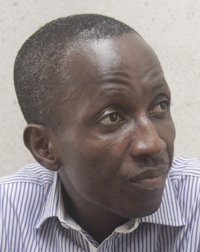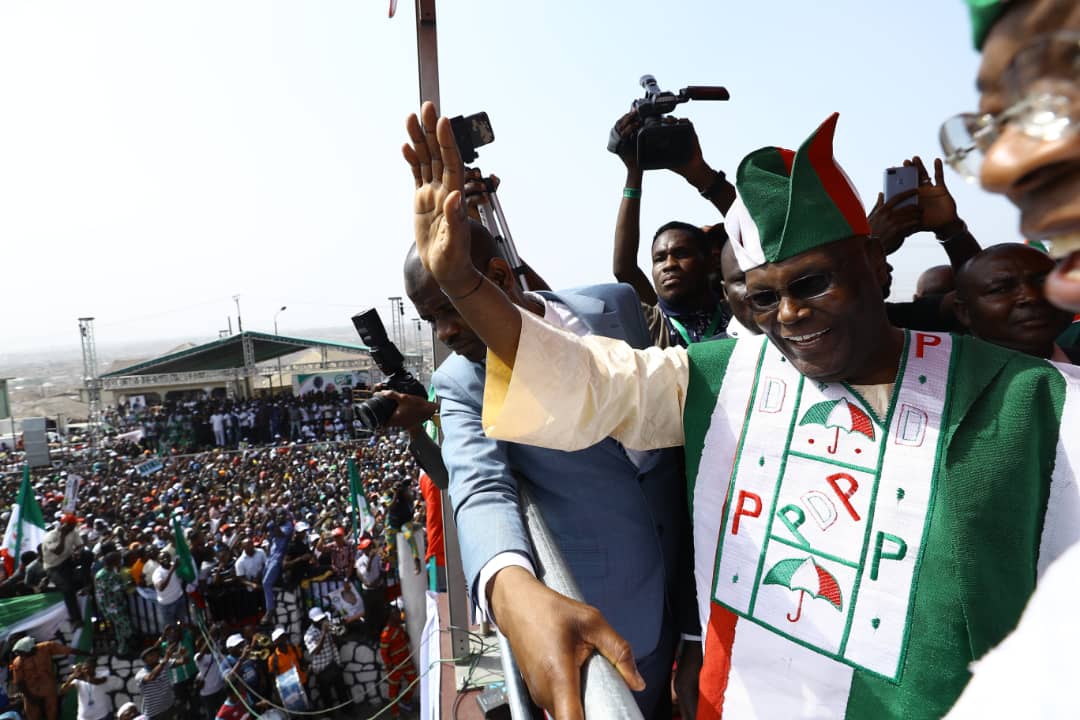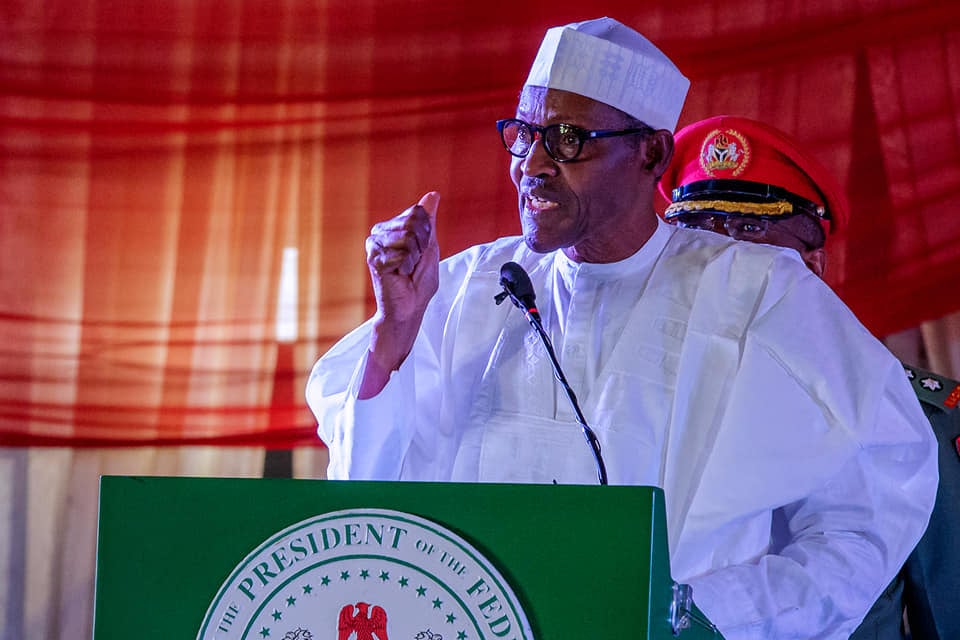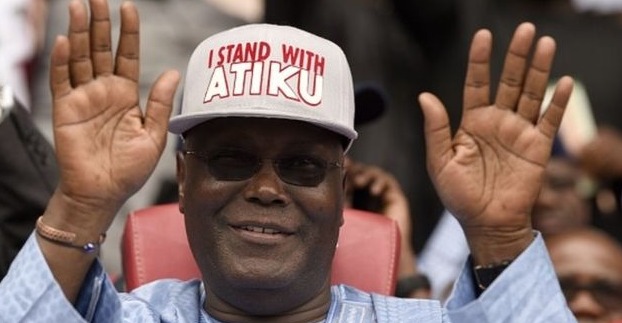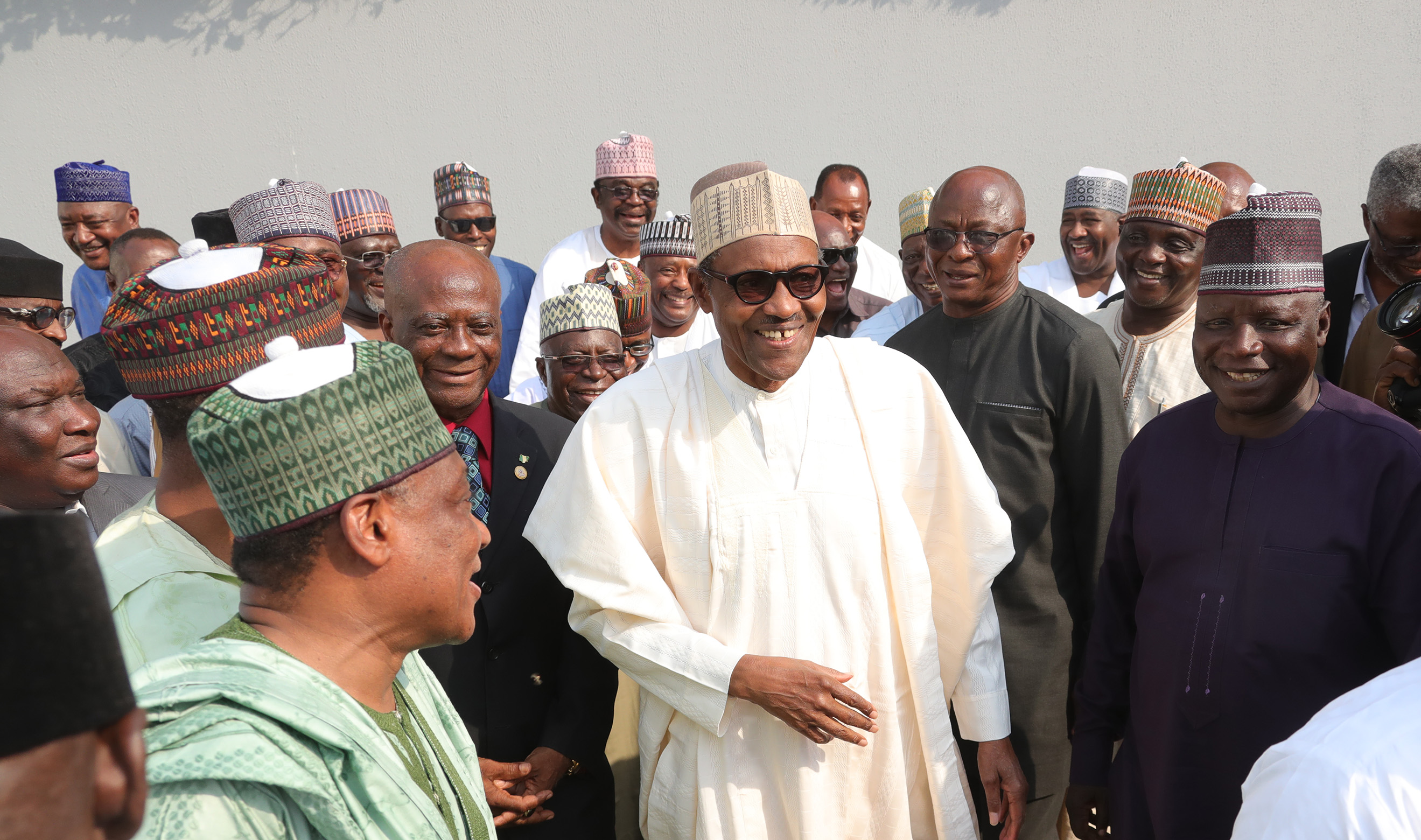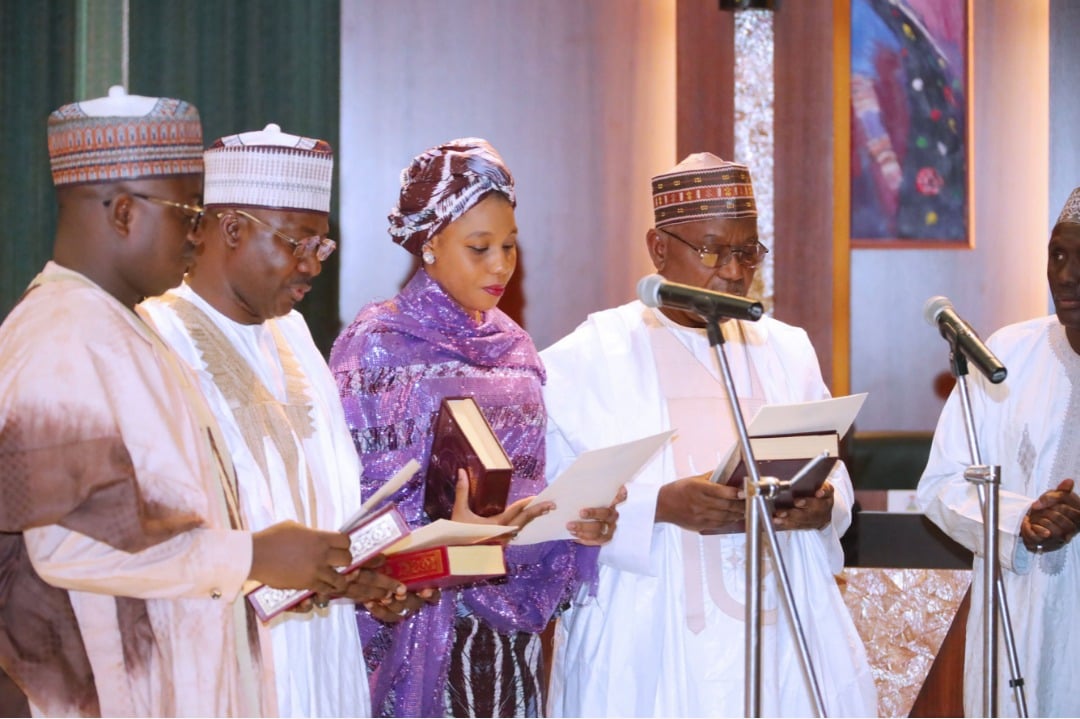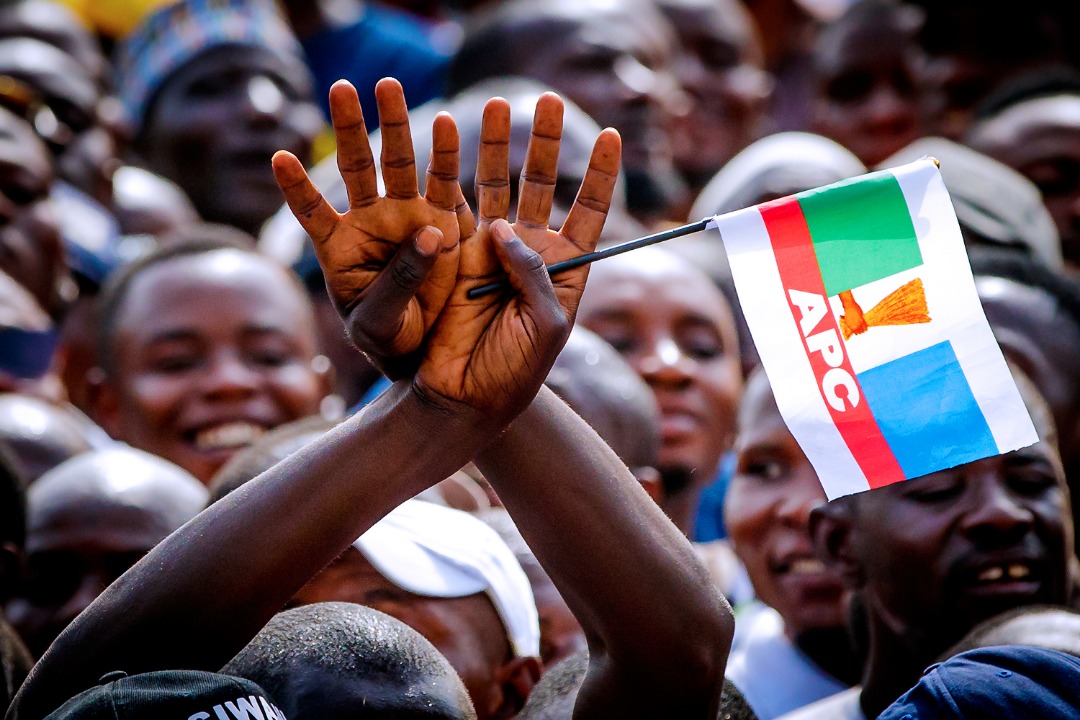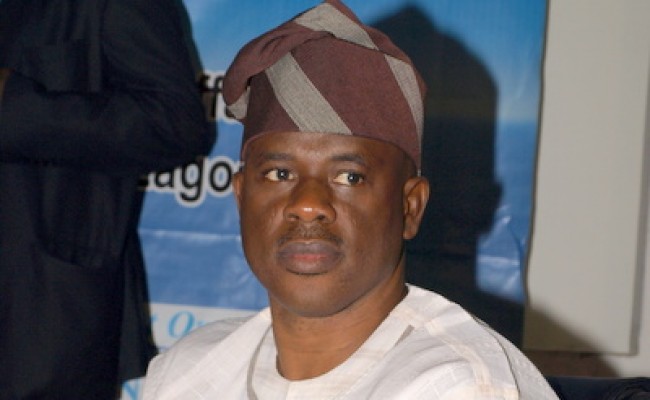As Nigerians voted on March 28, 2015, my father called asking me to speak with my mother, his wife. He pleaded with me mildly to persuade Iya Wale to vote for his preferred presidential candidate, and thereafter passed the phone to her. My mother bluntly refused telling me that she cannot trade her franchise on the altar of a relationship of more than five decades, “He is my husband, but on this we differ,” she concluded in Yoruba. Both were in the same queue in a polling booth near our house and I laughed as I listened to their tiff. Later, I shared with them how I could not even broached the subject of who to vote for with my wife too as she told me that it was a sacrosanct area on her exclusive list, a position I wisely accepted.
Why these family tales? It has to do with the way and manner of endorsements we have been witnessing as we go to the polls again in about 13 days, all manner of folks are busy endorsing politicians, especially presidential candidates. It is laughable the way supporters of both President Muhammadu Buhari and Atiku Abubakar have been interpreting the endorsements their candidates are receiving, when it goes their way, they hail it; but when it does not, they label those who endorsed as corrupt or who never see anything good in their principal. But I think we sometimes overestimate these endorsements, they are usually not worth the paper on which they are written. And that is if they’re written at all on a paper, some are verbal endorsements, which are most likely forgotten immediately the actors left the endorsement arena.
On Sunday, February 3, senior citizens from Afenifere, Pan Niger Delta Forum, Ohaneze Ndigbo, Middle Belt Forum and Northern Elders Forum endorsed the PDP presidential candidate and immediately his campaign group issued a statement that he appreciates the endorsement and sees it as a great burden which he carries as he seeks our votes. Expectedly, the APC apparatchiks condemned the endorsement calling the octogenarians and nonagenarians leading these groups’ paperweight politicians who cannot guarantee votes in their various constituencies. But in an ironic twist, the APC honchos also celebrated with glee a report by the Leadership newspaper, which calls the presidential election for Buhari. Traditionally, newspapers endorse candidates and it is usually the editorial pages that do this but the newspaper was honest enough to admit that the forecast “is not based on a scientific poll. It is the result of observations and wide-ranging interviews by our political editors and senior correspondents across the country. We estimate that the president will win about 60% of the votes, with an error margin of plus or minus 5%.”
So, beyond the figures the newspaper editors spiced their story with, what’s the difference between theirs and Sunday’s endorsement? Historically, the first newspaper endorsement was by The New York Times on October 11, 1860 when the newspaper threw its hat behind a “Mr. Lincoln, of Illinois, familiarly known as ‘Old Abe,’ age 51, height six feet seven, by profession Rail-Splitter.” About eight years back, the newspaper discovered that newspapers’ endorsements rarely determine who wins America’s presidential elections. So much for endorsements. Without any disrespect to the elders who gathered to endorse Abubakar, I’m not sure any Nigerian expected them to have endorsed another person as some of them have been strident critics of the president and so whom else would they have endorsed. There’s so much myth woven round block voting in our country that politicians must think we are blockheads who cannot think on our own and so must be chaperoned during election. Agreed that in some parts of the country, religious leaders sometimes weigh in on whom their adherents vote for, but we overdramatize the effect such leaders have on the electorate.
Advertisement
Actually, money plays greater role in how we vote in Nigeria as some still collect money before voting. This is not an endorsement of such practice; please but only an acknowledgement of its existence. It is doubtful if most of the electorate actually know the names of those who endorsed Atiku Abubakar or will pick a copy of Leadership and read how the newspaper’s editors projected that the president will win re-election. Last year, I was with two Igbo journalists in a radio station studio and they both disagreed on the relevance of Ohaneze. So, how can we think the group speaks for all Igbo just as Afenifere too will be deluded if they think they are speaking for Yoruba as even family heads cannot speak for their spouses in elections matters. Supporters can do whatever they like with endorsements but it does not go beyond that, it is simply declaring publicly one’s personal or group’s support of a candidate for elected office. Vote and let others vote too.
Advertisement
Add a comment
